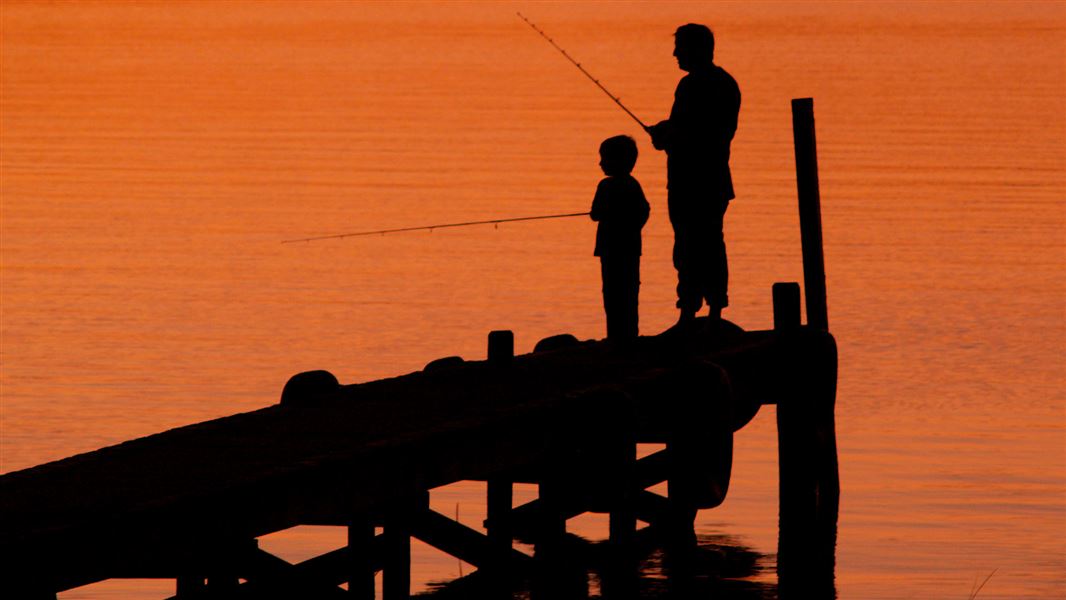The fish and game councils which make up Fish & Game New Zealand were established under the Conservation Act 1987 to manage the sports fish and game resource in New Zealand on behalf of anglers and hunters.
Fish and game councils replace the former acclimatisation societies. Acclimatisation societies were formed by the early colonists in the 1860s to introduce and acclimatise animals and plants they thought would be useful.
Council structure
There are 12 regional fish and game councils and a national New Zealand council.
The role of the regional councils is to manage, enhance and maintain sports fish and game. Twelve members of regional councils are elected every three years by licence holders.
The role of the New Zealand council is to represent nationally the interests of anglers and hunters, and to co-ordinate the management by the regional councils. Twelve members of the New Zealand council are appointed by the regional councils. The current Chief Executive of the New Zealand Council is Corina Jordan.
Fish & Game New Zealand is funded entirely from the sale of licences to fish and hunt.
Individual councils are public entities and therefore subject to the audit and public accounting rules specified in the Public Finance and Public Audit Acts. Fish & Game New Zealand reports directly to the Minister for Hunting and Fishing.
The role of councils
The primary role of fish and game councils is managing, maintaining and enhancing sports fish and game resources in the recreational interests of anglers and hunters. Fish and game councils have continued with habitat conservation initiatives undertaken by the former acclimatisation societies, particularly in respect to water protection of major lakes, rivers and wetlands. Such work benefits not just anglers and gamebird hunters, but also innumerable passive and active pursuits dependent upon the same natural habitat.
The statutory functions of the councils include:
- developing national policies
- providing advice to the Minister for Hunting and Fishing.
- preparing and co-ordinating, subject to the Minister's approval, angler notices and game seasons
- participating in the development of research programmes
- recommending to the Minister appropriate licence fees for game hunting and fishing and guiding
- making submissions to statutory planning processes in the interests of sports fish and game and habitats
What are sports fish and game?
Sports fish include introduced trout, salmon and some coarse fish, such as perch and tench. Game includes introduced bird species such as mallard, Canada goose, black swan, upland game, and native species such as pukeko, paradise shelduck, grey duck and New Zealand shoveler.
Relationship with DOC
Under the Conservation Act DOC has a number of functions directly related to the role of fish and game councils.
For example:
- Section 6(ab): "To preserve so far as is practical all indigenous freshwater fisheries, and protect recreational freshwater fisheries and freshwater fish habitats"; and
- Section 6(e): "To the extent that the use of any natural or historic resource for recreation or tourism is not inconsistent with its conservation, to foster the use of natural and historic resources for recreation, and to allow their use for tourism".
DOC manages the Taupo fishery, and in this capacity has all the powers of a fish and game council. Fish & Game New Zealand is an official observer on the Taupo fishery advisory committee, while DOC has a non-voting representative on each fish and game council.
There are a range of other interactions between the work of DOC and fish and game councils. For example, on sports fish and game matters, both parties provide advice to the Minister, liaise with other conservation organisations, are involved in statutory advocacy and in developing policy, management plants and research programmes. Both agencies work closely together on matters of common interest such as the protection of freshwater habitats and controlling the spread of aquatic pests.
